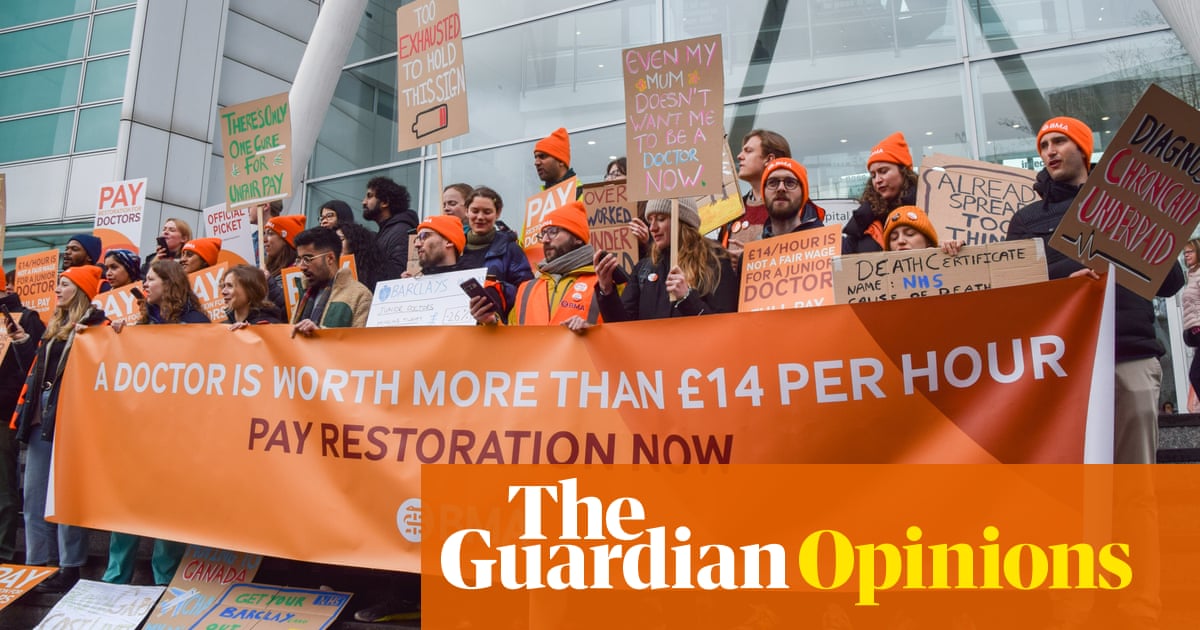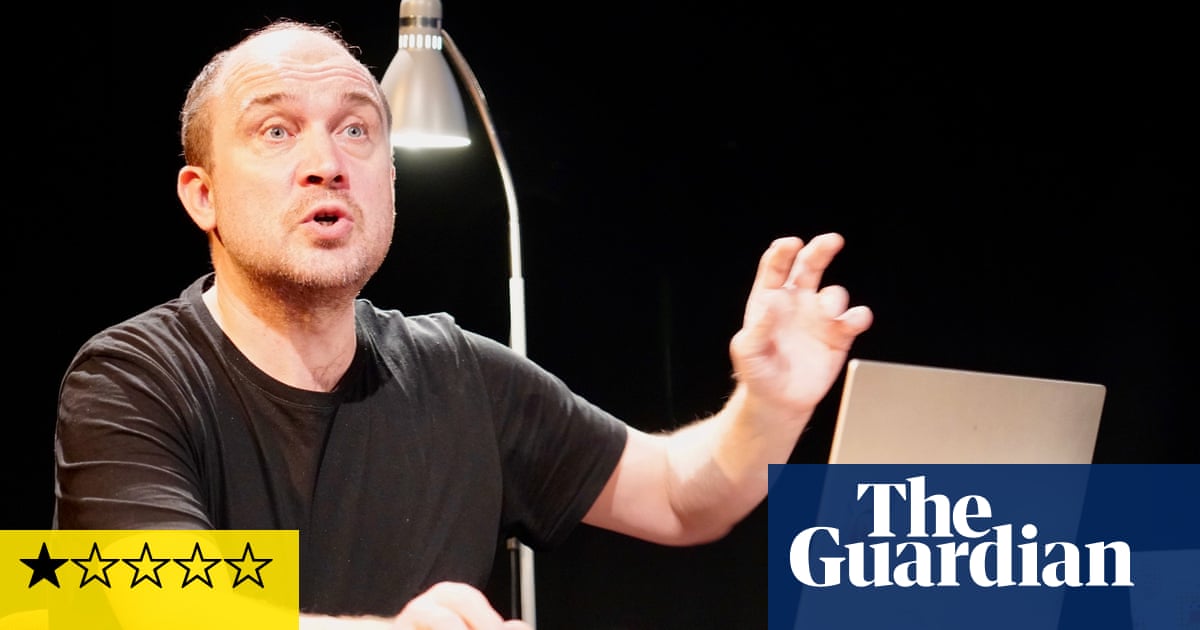
JEDDAH: Teenagers often prefer to seek help and advice from their peers, rather than their elders, when they are dealing with personal problems or having a tough time making sense of the world.
Whether they want to discuss social issues or other things they feel passionately about, or are experiencing challenges related to anxiety, depression or other mental health issues, many find it easier to speak with people their own age.
These are the people with whom they have the most in common, including the problems they face and the issues that affect them the most.
However, it is not always easy for young people to find and connect with this kind of support network, and it became even more difficult when the pandemic began early last year.
Many people, regardless of age, felt increasingly isolated from families and friends as a result of lockdowns, quarantines and social distancing. But young people, abruptly separated from their friends and fellow students at a formative time when they should have been taking their first steps into the wider world, were among the worst affected.
One group of teenagers decided to do something about this and set out to make a difference in the world.
The six 17-year-olds joined forces to launch Helpline, a service that aims to build a community of young people in Saudi Arabia and provide its members with any help and support they might need.
As they set about finding ways to raise awareness of the mental health issues affecting young people, the group quickly grew to 40 people.
Their initial plan was to establish a telephone helpline that young people with suicidal thoughts could call anonymously and talk with a counselor about their problems. When they realized that such services already exist, they switched instead to a social media and web-based approach, but the “Helpline” name stuck.
“As the quarantines persisted, general morale sank and many of us started to have a negative view of ourselves and of our environments,” co-founder Fahad Al-Owaida, a pupil at Abdulaziz International Schools in Riyadh, told Arab News.
“So, as victims ourselves, we created Helpline.sa, a mental-health awareness initiative that offered everyone a way to reach out when suffering from mental or emotional stress.”
Although the platform is run by high-school students, it is not limited to this group. In fact, its founders say the target audience is anyone who needs help or simply wants to expand their knowledge of mental health issues.
“Our goal is to eliminate the stigma surrounding mental health,” said Saleh Al-Zayer, a co-founder and researcher.
“We want to spread information on different topics — such as OCD (obsessive-compulsive disorder), depression, anxiety, and so much more — through social media. We also want to remind people that they are not alone.
People react to issues differently, hence the different coping mechanisms. If people take time to learn about these topics, they can understand others better, and offer better help, Al-Zayer added.
Joud Al-Namnakani, Helpline co-founder and its co-head of content and research, said: “People can use this platform as a place where they can self-reflect and ask themselves questions like ‘Am I taking care of my mental health?’ ‘How can I increase my self-confidence?’ ‘Was I being considerate of someone’s feelings when we were having a conversation?’”
The approach of Helpline is to take complex mental health topics and raise awareness by discussing them in simple, concise and relatable ways.
“In our society, mental health isn’t talked about much,” said Al-Namnakani. “To cater to what is lacking here we have to convey mental health in a better light. So, we have to debunk certain myths about certain disorders, for example. We also need to make it clear that a person struggling with their mental health should not be viewed as an attention seeker, which is often (how they are perceived).
“Another common misconception is that they are weak. If you go to therapy, you are not weak. It actually means that you are brave enough to seek help and to get better. It also means that you will have a healthy outlet (for your feelings) instead of bottling (them) up.”
To engage with people, Helpline posts weekly articles in English and Arabic, focusing on particular issues. In addition, it hosts monthly webinars that are archived on its website, along with other resources.
The group’s founders and volunteers have faced challenges of their own in their Helpline journey so far. Because the pandemic forced them to work with each other remotely, it was more difficult to build the connections and relationships that would normally form organically through in-person meetings.
The most recent webinar hosted by Helpline, on September 30, was a discussion about suicide prevention led by Yara Helwah, an adolescence counselor and a mental health advocate.
“My goal is to spread mental health awareness in the Middle East and I am working really hard to break the stigma, in any language.
“I just want people to talk about what they are going through and Helpline is offering that,” Helwah said, adding that she shares a common goal with the Helpline founders.
“They are talking, creating posts and they are also connecting the younger generation with trained professionals in the field. That is why I went for it without any hesitation.”
She said that both she and the Helpline were surprised by how well the webinar was received, especially given that it dealt with such a sensitive topic and was aimed primarily at a younger audience.
Helwah was “pleasantly surprised” by how willing the young people were to learn about, understand and open up to topics that were unfamiliar to them, how responsive they were and how they were able to absorb the information. Helwah added that it was refreshing to speak openly about mental health topics, not tiptoe around them.
Al-Namnakani said that they were happy and proud that the webinar was well-received by those who took part, adding: “We received very positive feedback from them.”
The Helpline organizers say that their goal now is to expand the service. They already have volunteers from several parts of Saudi Arabia but want to recruit more in other places so that they can help to spread the Helpline message to as wide an audience as possible across the country, and make a significant impact with potentially far-reaching results.












